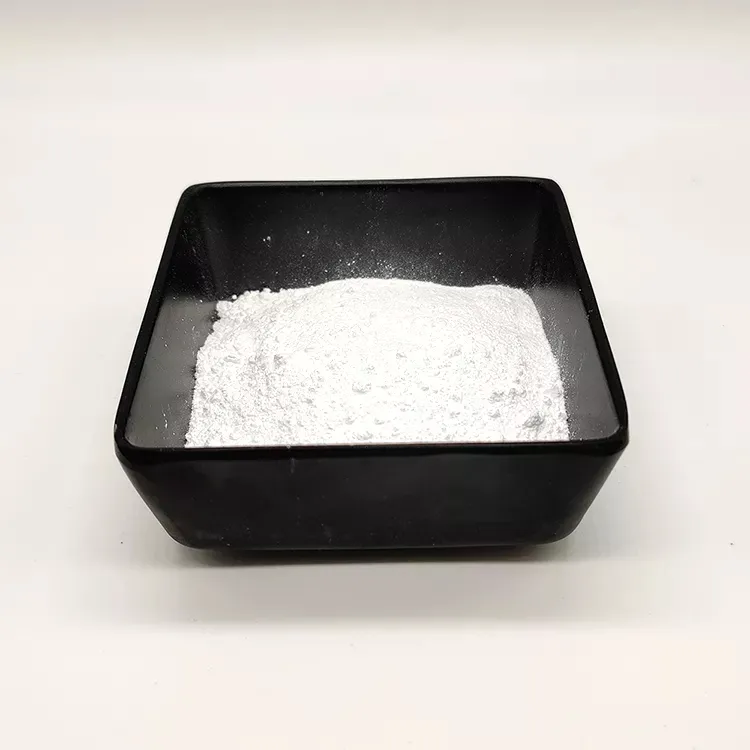Warning: Undefined array key "title" in /home/www/wwwroot/HTML/www.exportstart.com/wp-content/themes/1198/header.php on line 6
Warning: Undefined array key "file" in /home/www/wwwroot/HTML/www.exportstart.com/wp-content/themes/1198/header.php on line 7
Warning: Undefined array key "title" in /home/www/wwwroot/HTML/www.exportstart.com/wp-content/themes/1198/header.php on line 7
Warning: Undefined array key "title" in /home/www/wwwroot/HTML/www.exportstart.com/wp-content/themes/1198/header.php on line 7
Sep . 06, 2024 08:07 Back to list
Aspartame Sweetener
Aspartame A Sweetener Under Scrutiny
Aspartame, a low-calorie artificial sweetener, has been a topic of debate since its approval for use in food and beverages. Discovered in 1965 by chemist James Schlatter, aspartame is approximately 200 times sweeter than sucrose (table sugar) and is commonly found in a variety of products, including diet sodas, sugar-free gum, and other low-calorie or diet foods.
Aspartame A Sweetener Under Scrutiny
Despite its popularity, aspartame has faced significant scrutiny and controversy regarding its safety. Some studies have raised concerns about potential links to cancer and neurological disorders, leading to extensive investigations by regulatory bodies. The U.S. Food and Drug Administration (FDA), European Food Safety Authority (EFSA), and other health organizations have conducted thorough reviews, concluding that aspartame is safe for human consumption within established acceptable daily intake levels.
aspartame sweetener

However, these conclusions have not silenced skeptics. Proponents of natural food sources often criticize artificial sweeteners like aspartame for their synthetic origins and unpredictability in long-term health effects. Consumer advocacy groups frequently call for more rigorous testing and transparency regarding the health impacts of aspartame, urging people to consider moderating their intake.
Furthermore, individuals with a rare genetic disorder known as phenylketonuria (PKU) must avoid aspartame, as it contains phenylalanine, an amino acid that cannot be metabolized by those affected by this condition. This has led to increased labeling requirements, ensuring those who need to avoid aspartame can identify products containing it.
In the ongoing debate over aspartame, it is essential for consumers to stay informed and make choices based on their health needs and preferences. As research continues, the discourse surrounding aspartame will likely evolve, reflecting changing attitudes toward artificial sweeteners in our diets.
As with any food additive, moderation is key. Whether one chooses to embrace or avoid aspartame, understanding its effects and the science behind it is crucial for making informed dietary decisions.

